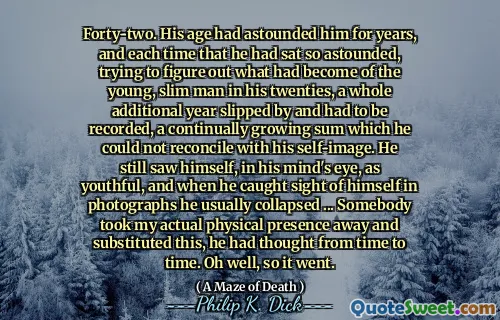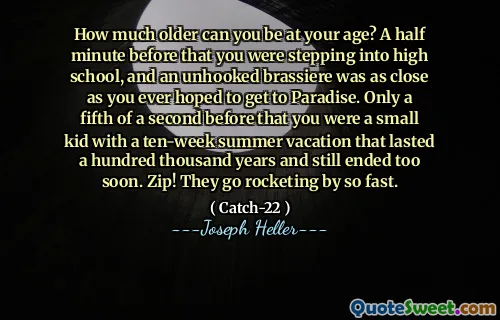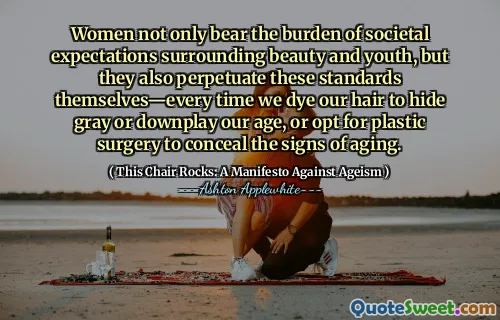Almost any age is better than twenty-two.
In his essay collection "Fraud," David Rakoff reflects on the complexities and challenges of youth, particularly at the age of twenty-two. He suggests that this stage of life, often associated with energy and freedom, can actually be fraught with insecurity and confusion. Instead of viewing twenty-two as a pinnacle of youth, Rakoff points out the emotional turbulence and existential dilemmas that many young adults face as they navigate their identities and futures. Rakoff's observation that "almost any age is better than twenty-two" resonates with those who have experienced the pressures of this formative period. He implies that with age comes greater wisdom, self-acceptance, and perspective. As individuals move beyond their early twenties, they often find a greater sense of stability and purpose, leading to a richer understanding of life and its complexities.
In his essay collection "Fraud," David Rakoff reflects on the complexities and challenges of youth, particularly at the age of twenty-two. He suggests that this stage of life, often associated with energy and freedom, can actually be fraught with insecurity and confusion. Instead of viewing twenty-two as a pinnacle of youth, Rakoff points out the emotional turbulence and existential dilemmas that many young adults face as they navigate their identities and futures.
Rakoff's observation that "almost any age is better than twenty-two" resonates with those who have experienced the pressures of this formative period. He implies that with age comes greater wisdom, self-acceptance, and perspective. As individuals move beyond their early twenties, they often find a greater sense of stability and purpose, leading to a richer understanding of life and its complexities.



